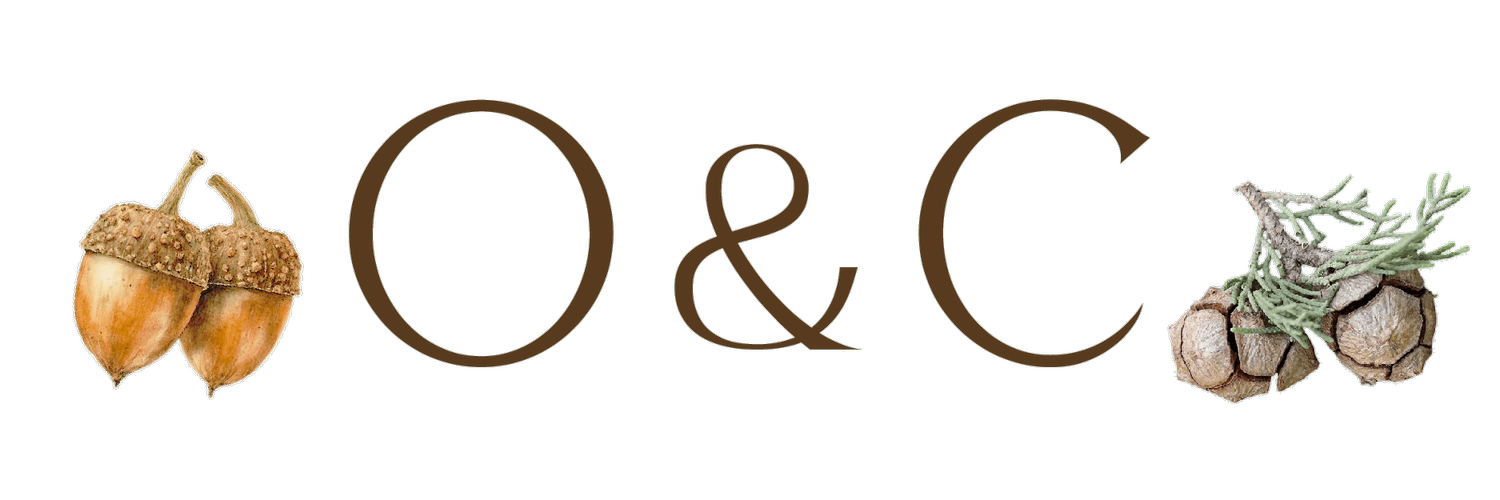
Oak & Cypress Counseling
Therapy for Individuals and Relationships in Charlotte and across North Carolina
-
Therapy for Depression and Anxiety
Depression and anxiety sometimes show up alone, sometimes together. Whether you’ve experienced one or both of these conditions, you know how painful they can be and how hard they make it to do even simple tasks. Christopher supports individuals managing depression and anxiety using Acceptance and Commitment Therapy (ACT), Emotionally Focused Individual Therapy (EFIT), and other strategies. Christopher is LGBTQ+-affirming, sex-positive, and kink-aware. Click here to learn more.
-
Therapy for Trauma (EMDR)
If you’ve experienced trauma, you may have symptoms like panic and anxiety, depression, flashbacks, nightmares, intrusive thoughts, irritability, being easily startled, zoning out, and more. These symptoms can make you feel hopeless, but therapies like Eye Movement Desensitization and Reprocessing (EMDR) with Christopher can help. Click here to learn more.
-
Therapy for Relationships (Couples Counseling)
Relationships can both fulfill us and challenge us more than we even knew was possible. You don’t have to manage them alone. Christopher provides marriage and couples counseling for straight and LGBTQ+ relationships, both monogamous and nonmonogamous, using Emotionally Focused Couples Therapy (EFCT) and Gottman Method strategies. Christopher also offers premarital counseling and can support partners recovering from infidelity. Click here to learn more.
Let’s work together
Ready to schedule? Interested in a 15-minute consultation call? Just type in your information below and you’ll receive a response within one business day. Thank you!

